Why Is My Cat Taking Poop Out of the Litterbox? (Find Out!)
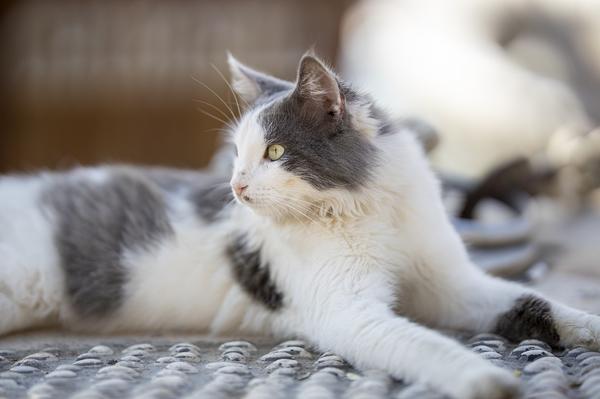
Do you smell that?
The overwhelming stench of frustration that lingers in your home.
The constant battle against your cat's disruptive behavior.
But fear not, because there may be a solution. 😺
Keep reading to uncover the hidden mystery behind your cat's litterbox antics.
Common Reasons Why Cats Take Poop Out of the Litter Box
Cats taking poop out of the litter box can leave you feeling frustrated and wondering why they do it. Let’s explore some common reasons why cats engage in this behavior:
- Preference for digging and burying waste: Cats have a natural instinct to bury their waste, and sometimes they may prefer certain materials like carpet or soft surfaces over the litter box.
- Small or unclean litter box: A cramped or dirty litter box can make your cat uncomfortable and deter them from using it. This is especially true for older cats or those with mobility issues.
- Incontinence, stress, or difficulty learning: Cats may avoid the litter box if they are experiencing health issues, stress, or difficulty mastering proper litter box usage.
- Poor litter box habits or lack of grooming skills: Kittens that aren't given proper litter training or haven't developed good grooming skills may struggle to use the litter box correctly.
- Instinctual behavior: Cats bury their waste as a way to hide it from predators. Sometimes this urge is strong, and they may take poop out of the litter box to try to conceal it elsewhere.
- Health conditions, behavioral issues, obesity, or stress: Various underlying factors such as medical conditions, behavioral problems, obesity, or stress can contribute to a cat's litter box aversion.
Understanding these potential causes can help you address the issue and find appropriate solutions. Remember, each cat is unique, so figuring out what works best for your feline friend may require patience and experimentation. 😺
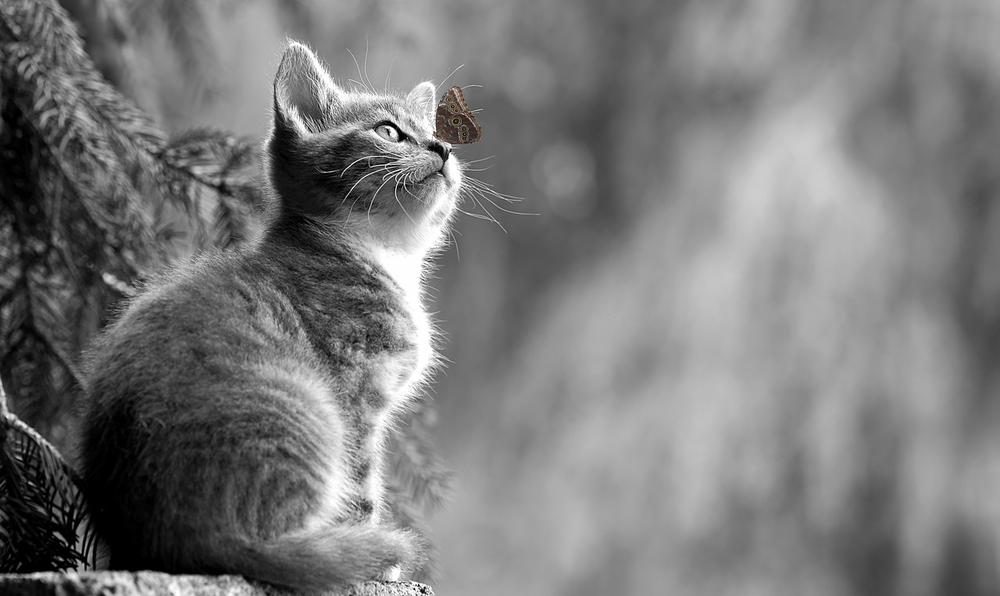
Now, you might be wondering how to differentiate between a behavioral issue and a potential medical problem.
Understanding the signs of a health-related cause is crucial in ensuring your cat receives the appropriate treatment.
Let's dive into the indicators that could signify an underlying health condition...
Medical Issues That May Cause Cats to Remove Poop from the Litter Box
First, let's talk about the different medical issues that could be causing your cat to have trouble with their litter box. Here's a list:
- If your cat has swallowed something they shouldn't have, it can lead to blockages in their digestive system. This makes it hard for them to poop properly in the litter box.
- Cats with issues in their anal glands might feel uncomfortable and try to relieve it by dragging their behind on the floor.
- Constipation can also be a reason why your cat avoids using the litter box. It's painful for them to pass stools, so they'd rather stay away.
- Some conditions can cause bowel incontinence in cats, meaning they lose control over their bowel movements and end up pooping outside the litter box.
- Older cats may develop age-related health problems like arthritis, which makes it difficult for them to get to the litter box on time.
If you notice any changes in your cat's behavior when it comes to the litter box, you should take them to the vet for a check-up. And don't forget to give their poop a good look for any signs of underlying health issues or worms.
If you suspect any medical problems, make sure to seek veterinary assistance, considering their available hours for help.
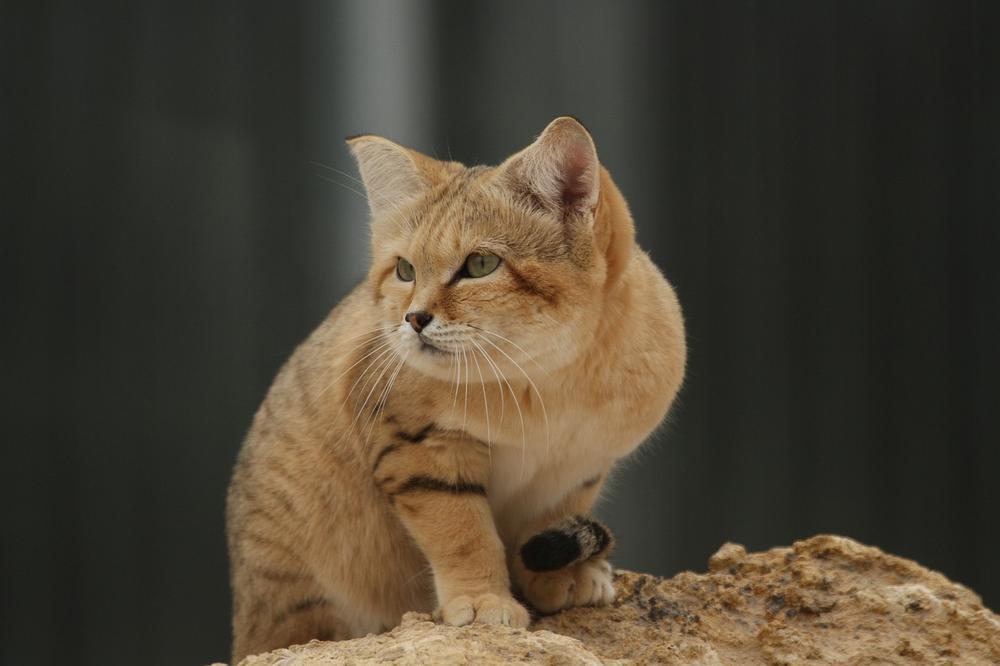
And if you've ever wondered why your cat is exhibiting this behavior, don't fret, because I've got you covered.
While discussing various medical issues, I highly recommend checking out my article on Do Cats Eat Their Own Poop.
In it, I delve deeper into the reasons behind this behavior and provide valuable insights for concerned cat owners like yourself.
Believe me when I say, you'll find all the answers you need right there.
Addressing Stress and Anxiety in Cats to Prevent Poop Removal from Litter Box
To prevent your cat from pooping outside the litter box, you have to tackle their stress and anxiety.
Give them vertical spaces like cat trees or shelves so they feel secure and in control of their surroundings.
Moreover, providing appropriate toys and increasing playtime will help redirect their behavior and keep their minds engaged.
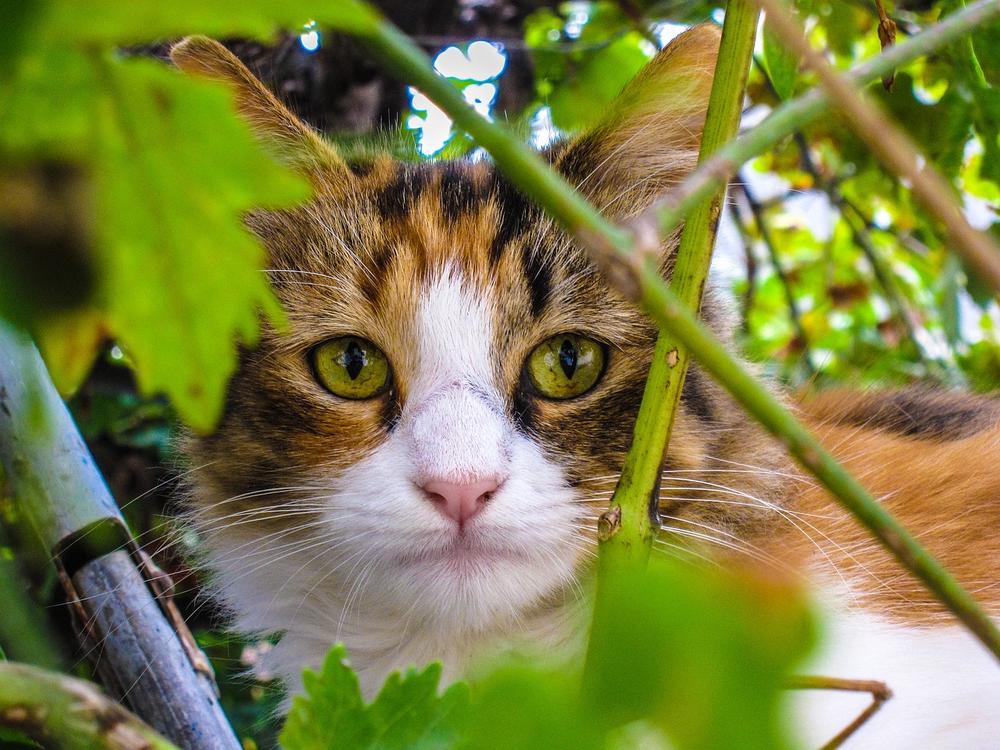
Remember that cats react differently to stress than humans do, so changes in their bathroom habits are not unusual.
Fear caused by loud noises or strangers can also lead to litter box problems.
If you have an outdoor cat transitioning to indoors, they may struggle with the change and need a designated safe area to manage their stress.
In short, reducing stress and anxiety in cats through environmental enrichment, playtime, and redirecting behaviors is key to keeping poop inside the litter box.
Tips for Keeping Your Cat's Litter Box Clean and Appealing
Regular cleaning is essential for a clean litter box
Keeping your cat's litter box clean and appealing requires some effort on your part. You need to make sure that you scoop the litter box at least once daily.
Trust me, doing this will help you maintain cleanliness and prevent those nasty odors from building up.
Remember, cats are pretty particular creatures, just like us humans, so they like their spaces tidy. If the litter box starts getting too dirty, they might decide to find another spot to do their business.
And let me tell you, finding cat poop outside the litter box is not a pleasant experience.
Understand your cat's preferences
Listen, every cat is different.
Just like us, they have specific preferences when it comes to cleanliness and litter type.
So, it's crucial that you take the time to understand what your cat likes.
Simply observing and testing out different types of litter can help you find one that your furry friend approves of.
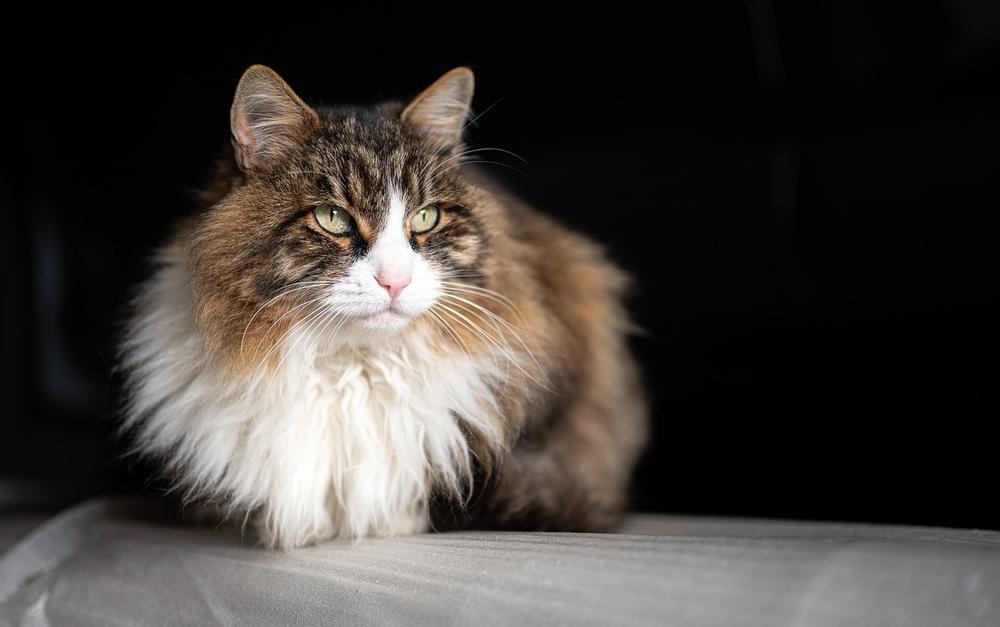
We all know that we shouldn't conduct taste tests with cat litter (please don't), but experimenting with various options can be helpful.
Multiple litter boxes are the way to go
If you have more than one cat, then listen closely to this advice: get multiple litter boxes.
Seriously, it's like having a backup plan.
Cats can be territorial little rascals, so having more litter boxes around the house ensures that no one feels left out or invaded in their private bathroom oasis.
It's all about reducing stress for both you and your feline friends. Furthermore, minimizing litter tracking can also help with that.
Using a litter mat, trimming the hair between your cat's paw pads, and choosing a litter box with higher walls are simple tricks that make a big difference.
Trust me, these little adjustments will go a long way in creating a peaceful environment.
And hey, if your cat still insists on pooping outside the litter box, don't worry. There are solutions out there. Just ensure you try providing larger litter boxes, ruling out any medical issues with a veterinarian, and cleaning up the area around the litter box.
With a little patience and effort, you'll find the perfect litter box solution for your feline companion.
How to Train Your Cat to Stop Taking Poop Out of the Litter Box
Reward your cat immediately after they use the litter box successfully.
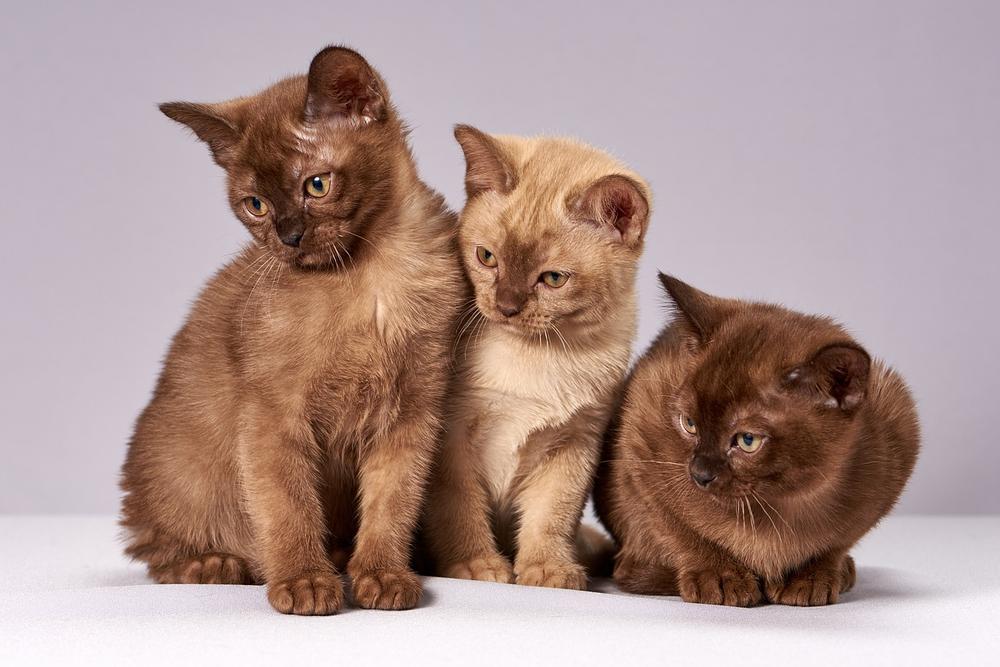
This training is crucial for kittens or stray adult cats unfamiliar with litter boxes.
Consistency and patience are essential in teaching cats how to properly use the litter box.
Positive reinforcement techniques work wonders in encouraging desired behavior.
Understanding Your Cat's Behavior
Understanding Your Cat's Behavior is crucial for creating a harmonious environment:
- Stress triggers like loud noises or household disruptions can impact your cat's litter box behavior, so monitoring these triggers is important to identify the underlying causes.
- Cats have a natural instinct to hide their excrement by dragging it out of the litter box in order to bury it and reduce odor. This behavior helps them mark their territory and leave behind pheromones in their poop.
- Occasionally, cats may intentionally expose their poop as a way to assert ownership or seek attention from their owners. It might seem strange, but this behavior is not uncommon.
- Some cats even play with dried poop if they are bored. So make sure to provide enough mental and physical stimulation to prevent boredom-related behaviors.
- Territorial behavior can lead to cats pooping in different areas of the house. This usually happens when they feel threatened or conflicted about their territory.
- Kittens may have accidents while learning how to use the litter box. Patience, positive reinforcement, and proper litter box training will help them become more reliable over time.
Through comprehension of these behaviors, you can establish a litter box schedule that decreases anxiety and ensures the felicity and well-being of your feline friend.
Understanding Your Cat's Behavior with Poop
- Small or unclean litter box can make it uncomfortable for cats.
- Movement limitations (elderly, disabled) contribute to litter box issues.
- Incontinence, stress, and difficulty learning to use litter box are factors.
- Poor litter box habits and lack of grooming skills cause mess.
- Instinct to bury waste plays a role in behavior.
- Health conditions, obesity, and stress can lead to litter box problems.
- Aged, crippled, overweight, or long-haired cats may track excrement.
- Veterinary treatment may be necessary for anal problems or worms.
- Changes in litter box behavior can indicate underlying health problems.
- Stress and anxiety can cause cats to avoid using the litter box.
- Outdoor cats have difficulty adapting to indoor litter boxes.
- Regular cleaning of litter box is crucial.
- Understanding your cat's preferences for cleanliness and litter type.
- Provide multiple litter boxes and experiment with different types.
- Training is important for kittens and stray cats.
And that wraps up today's article.
If you wish to read more of my useful articles, I recommend you check out some of these: Why Do Cats Go Crazy When It Rains, Stray Cat Meowing Loudly at Night, How to Train a Stray Cat to Use a Litter Box, and Why Do Cats Knock Over Their Food Bowls
Talk soon,
-Sarah Davis